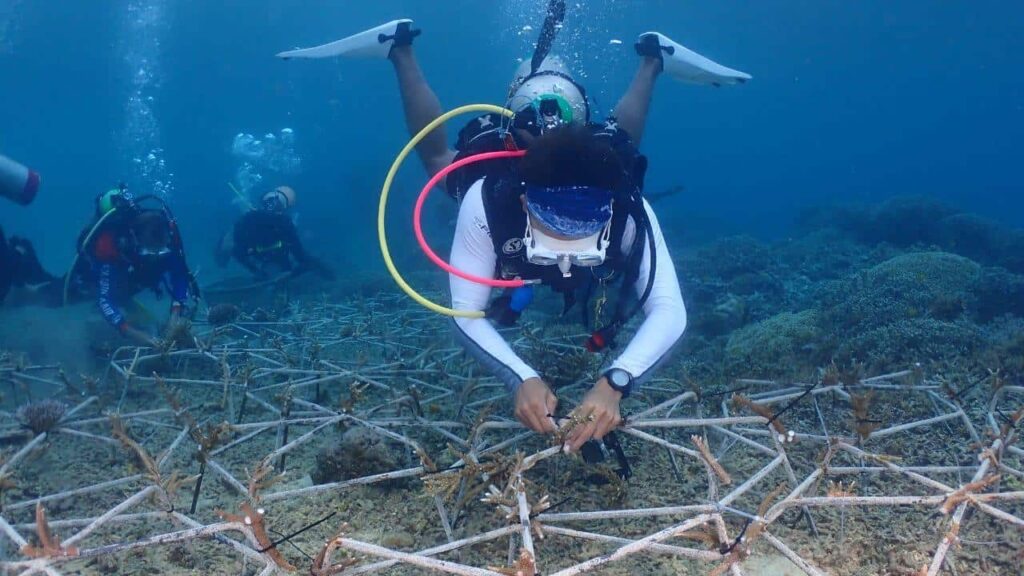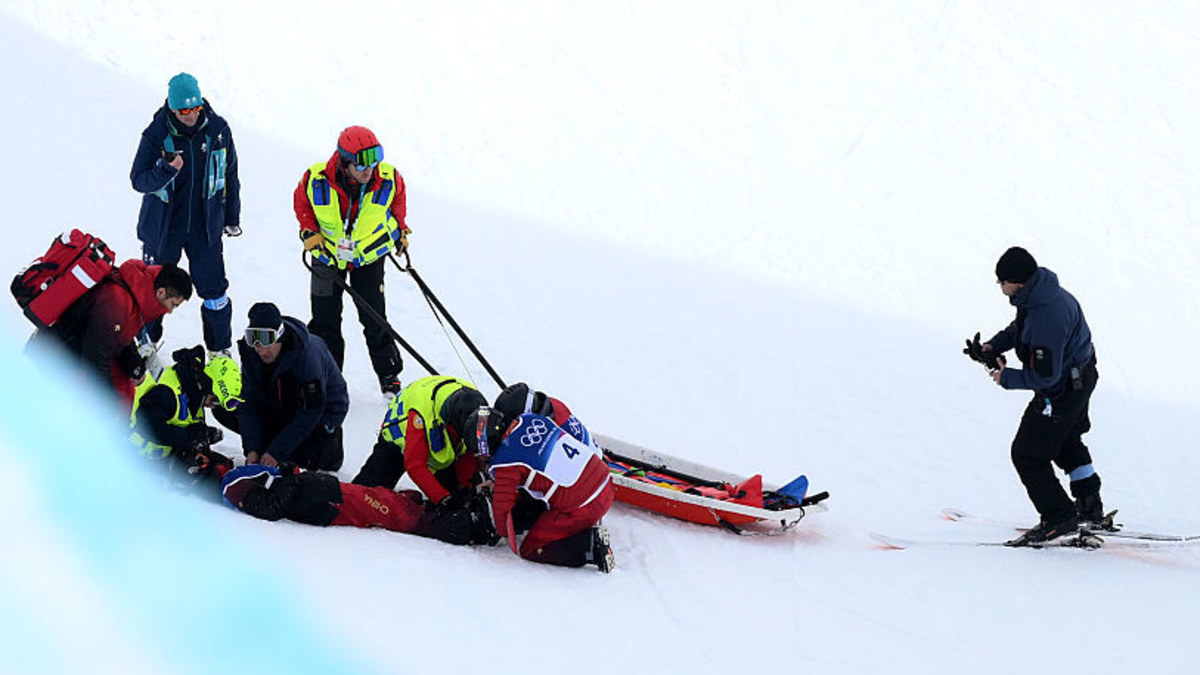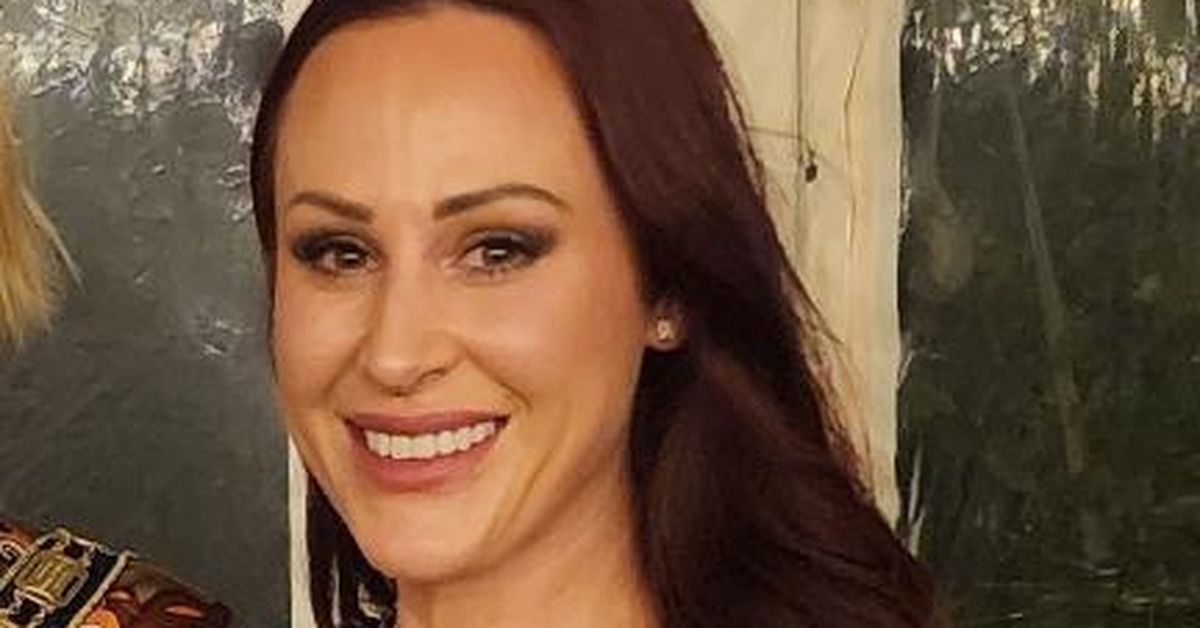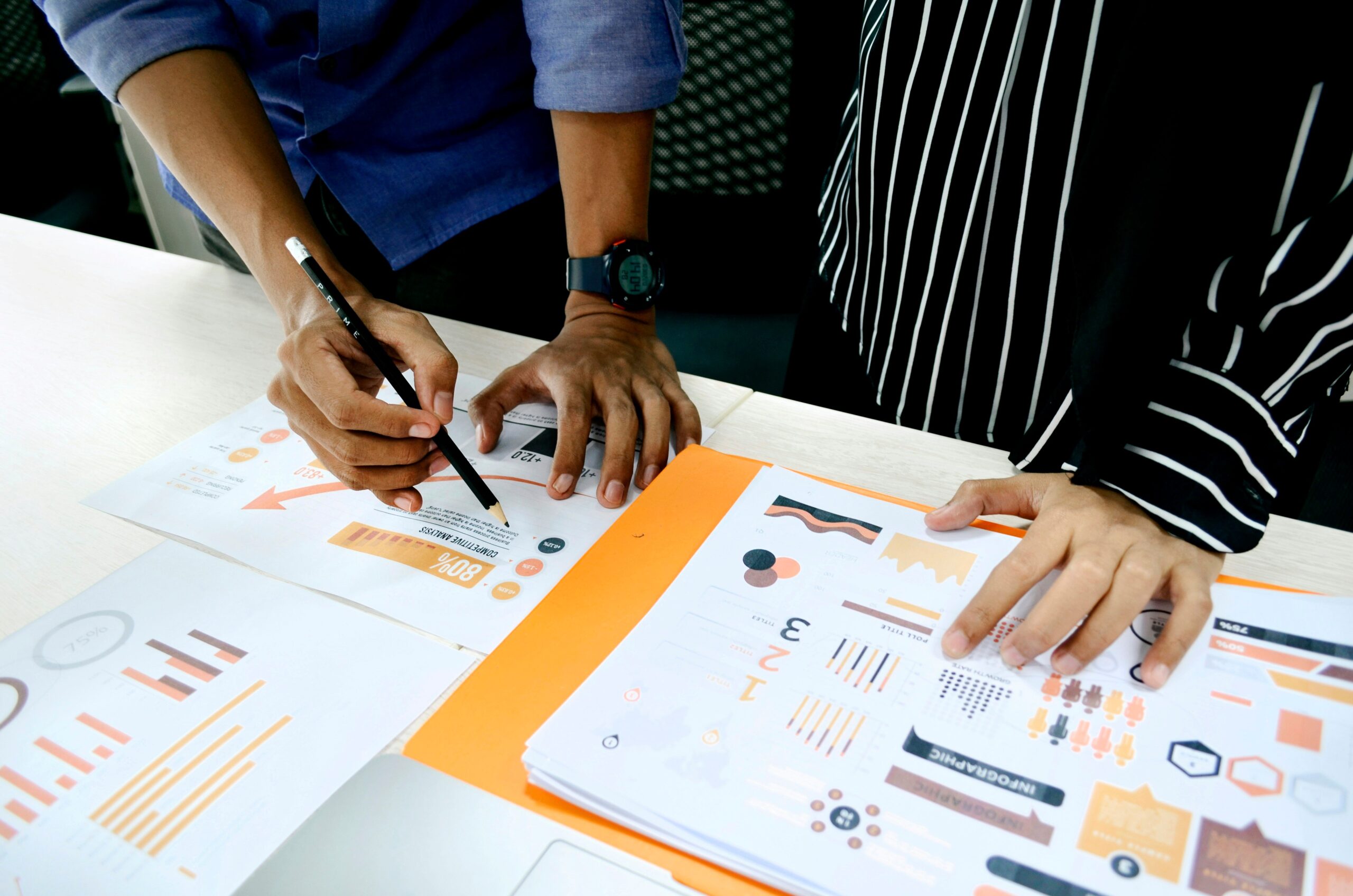
Agustinus Satrio Supoyo, affectionately known as Tio, is a young marine biology student from Papua, Indonesia, who is determined to make a difference in the world’s oceans. Currently pursuing his master’s degree at James Cook University in Townsville, Queensland, Tio is exploring the critical issues of plastic waste in the ocean and the differences in waste management between Indonesia and Australia. His journey also delves into the ethics of safe diving practices that protect marine life.
Marine biology is a field that remains relatively underexplored by Indonesian students, yet it holds significant importance for a nation surrounded by vast bodies of water and rich marine biodiversity. Tio’s academic pursuits are not just about personal achievement but are driven by a passion to address pressing environmental challenges. He asks critical questions: What exactly is marine biology, and why does it matter for Indonesia? How do divers’ behaviors impact the health of coral reefs? What sustainable fishing methods can prevent habitat damage? And, crucially, how can communities actively participate in coral reef conservation?
The Importance of Marine Biology for Indonesia
Indonesia is home to some of the world’s most diverse marine ecosystems, including the renowned Coral Triangle. This region is vital not only for its biodiversity but also for the livelihoods of millions who depend on fishing and tourism. However, these ecosystems face threats from overfishing, pollution, and climate change. Tio’s studies in marine biology aim to equip him with the knowledge to tackle these issues effectively.
“The ocean is so beautiful, yet so much of it is damaged,” Tio reflects. “I think I need to learn more about the sea.” His sentiment underscores the urgency of understanding marine environments to develop strategies for their preservation.
Challenges and Solutions in Marine Conservation
One of the significant challenges Tio explores is the pervasive issue of plastic waste. Indonesia is one of the largest contributors to ocean plastic pollution, a problem exacerbated by inadequate waste management infrastructure. In contrast, Australia has implemented more stringent regulations and community initiatives to address waste issues. This disparity highlights the need for tailored solutions that consider local contexts and capacities.
Furthermore, Tio’s research emphasizes the role of divers in reef conservation. Responsible diving practices are essential to prevent physical damage to coral structures. By promoting safe diving ethics, Tio hopes to foster a culture of respect and care for marine environments among tourists and locals alike.
Practical Steps and Community Involvement
Conserving coral reefs requires more than scientific research; it demands active community participation. Tio advocates for practical steps that communities can take, such as organizing beach clean-ups, reducing single-use plastics, and supporting sustainable fishing practices. Education and awareness campaigns are crucial in empowering communities to protect their marine resources.
“Coral reefs are not just beautiful; they are essential to the health of our oceans and our planet. We must all play a part in their preservation,” says Tio.
Looking Ahead: A Future in Marine Conservation
Tio’s journey is a testament to the power of education and passion in driving environmental change. As he continues his studies, he remains hopeful about the future of marine conservation. By sharing his knowledge and experiences, Tio aims to inspire others to join the fight against marine degradation.
Meanwhile, Tio’s story is a reminder of the interconnectedness of global ecosystems and the shared responsibility to protect them. As he prepares to graduate, Tio looks forward to applying his expertise in Indonesia, where he hopes to lead initiatives that will safeguard the nation’s precious marine heritage for generations to come.
For those interested in learning more about Tio’s work and the broader field of marine biology, listen to SBS Indonesian’s conversation with Tio, available on their podcast. Tune in to SBS Indonesian on Mondays, Wednesdays, Fridays, and Sundays at 3 pm, and follow them on Facebook and Instagram for updates.





